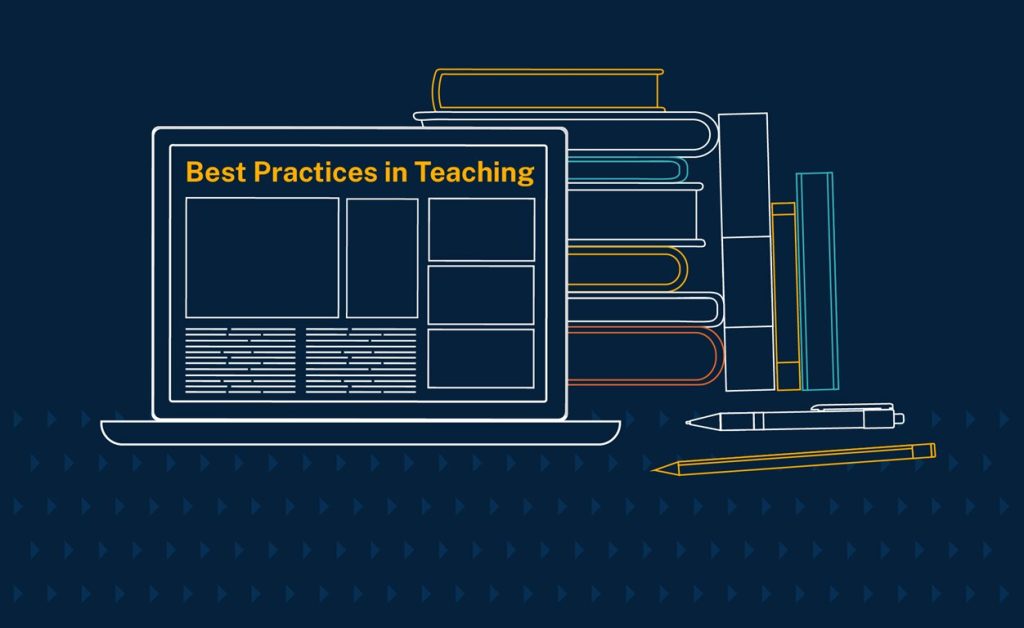
It was a question from a colleague that made me realize how little I utilized research as an educator. I was interested in learning more about reading instruction and, in the process, I discovered a whole body of research called the Science of Reading. It was eye-opening and I felt late to the game.
This experience led me to wonder why research wasn’t a common topic of conversation in education. Maybe it is and I’m just oblivious, but, as an educator, I don’t think I’ve ever sat down, looked up research on a specific topic or area of instruction, and read actual research results. I don’t think it was until I entered my doctoral program that I read a full study from start to finish. Why is research not more commonly read by educators?
To me, there’s a disconnect between educators and researchers. Researchers are focused on scientific discovery, moving from one study to the next and ensuring all practices are completed ethically and reported accurately. Educators, on the other hand, are immersed in the daily practice of teaching, planning, providing feedback, establishing relationships – the seemingly endless string of tasks required to be the most effective teacher possible. The time that is available for “professional development” is often dedicated to student data analysis, grading and prep work. At the end of the day, who has time to sort through all the academic research out there to determine which ones are most beneficial to our practice?
But there is no denying that knowing the latest research on instruction, school administration and education at large can improve educator practices and, as a result, student outcomes. It should play a role in planning conversations. So how can administrators, school leaders and teachers overcome the research disconnect?
The key is communicating research results in a way that’s not only digestible, but practical and applicable. Give educators the latest findings framed in a way that highlights the immediate implications for and applications it can have on their daily teaching practice. Fortunately, there are many educational resources and news sources that can help with that — everything from social media and podcasts to online articles and blogs. It’s just a matter of finding the one that works for you and provides the information you’re looking for.
Here are a few resources to get you started:
- Emily Hanford – APM Reports
- Reading Rockets
- Facebook Groups – “Science of Reading-What I Should Have Learned in College” or “Science of Reading – 3rd grade and beyond”
- Science of Reading – The Podcast
- Science of Reading Resource Hub
- Kastner Literacy Collection
Veteran teachers can tell you just how often best practices change. As it pertains to reading instruction, I have seen the pendulum swing from structured literacy to balanced literacy to whole reading and back again. The frequency with which new initiatives are introduced just reaffirms the fact that it benefits educators to stay updated on the latest research and findings.
Learn the most up-to-date instructional strategies at American College of Education. Explore our fully online education certificates and degree programs.

